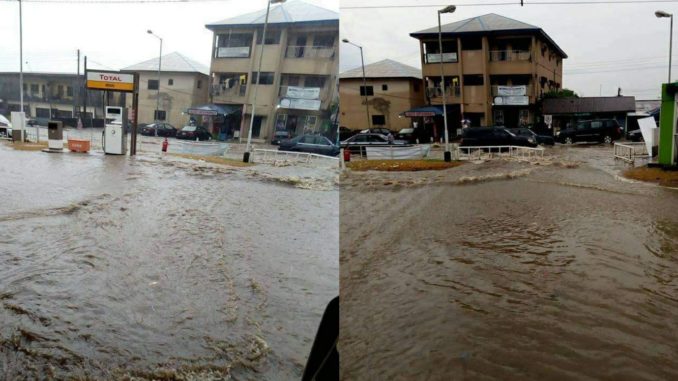*to understudy DISCOs performance in five years

Out of the total number of 172,833 customers’ complaints, about 55,890 customers representing 49 percent had launched complaints dominated with issues of Distribution Companies, DISCOs, deficiency in ensuring massive role out of metering, billing and service interruption across the country.
This was contained in the 2019 third-quarter report released by the Nigerian Electricity Regulatory Commission, NERC.
According to the report, “A review of customer complaints statistics indicates that estimated billing, metering and service interruption remain the most significant areas of concerns for customers, accounting for 49.69% (i.e., 85,890) of the total complaints in the third quarter of 2019.
“The DISCOs received a total of 172,833 complaints from consumers (about 10.41 percent more than complaints received during the second quarter of 2019) and attended to a total of 146,326 (84.66 percent) representing a decrease of 3.05 percentage point from the preceding quarter.
READ ALSO: Local content in power sector, export underway – NERC, SON
“The report shows that Ibadan and Abuja DISCOs had the lowest customers’ complaints resolution rates based on the proportion of complaints not addressed in the third quarter.”
Also, the report noted that the total electric energy generated was 7,984,685MegaWatts per hour, MWh, decreased by 5.52 percent when compared to the level of generation in the second quarter of 2019.
It stated that “During the quarter, the industry recorded the peak generation of 5,093MW. The available plant generation units on bar increased by four from the daily average of 62 units recorded in the preceding quarter.
“However, despite the increase in the available generation units in the third quarter, the total electric energy generated fell by 5.52 percent with 9.88 percentage points decrease in generation capacity utilisation due to constraints such as gas supply shortage, transmission and distribution networks and water management at the hydropower stations.”
READ ALSO: Epileptic power distribution threat to 5G network roll out, NCC cries out
It explained that with the decline in operational sector performance in the quarter under review, “the aforementioned industry constraints have continued to pose major technical and operational challenges to the industry.
“The resolution of technical and operational constraints in the Nigerian electricity supply industry remains as one of the top priorities of the Commission. In this regard, the Commission has continued to work on addressing the DISCOs – TCN interface bottlenecks with the aim of freeing up part of the stranded generation capacity by addressing the technical constraints inhibiting the flow of energy.
“The Commission, during the quarter, directed DISCOs to finalise and submit their respective Performance Improvement Plans (PIPs) covering the period 2020 – 2025 based on the guidelines provided by the Commission. The overall objective of the PIPs is to ensure that utilities invest in projects critical to addressing the technical and operational challenges affecting their operational efficiency.”
READ ALSO: Breaking: Nigeria records 30 cases of coronavirus – NCDC
It added that the evaluation of the PIPs is expected to appraise DISCOs’ proposed utilisation of capital and operating expenditure allowances for relevance and cost efficiency; the investments required by DISCOs towards addressing distribution networks bottlenecks and free up part of the stranded generation capacities and address other related constraints inhibiting the flow of energy.
Grid stability
To sustain the improvement in the grid stability in subsequent quarters and beyond, the Commission, in collaboration with TCN, has intensified its monitoring and supervision efforts to ensure strict compliance with the System Operator’s directives to generators on free governor and frequency control mode in line with the provisions of the extant Grid Code governing the industry.
It added that NERC was reviewing the outcome of the competitive process of procuring spinning reserves conducted by TCN. Spinning reserve is the extra generating capacity that is available by increasing the power output of generators that are already connected to the power system.
“The Commission had earlier approved the request by TCN to competitively procure spinning reserves for the industry. This is to guarantee adequate spinning reserves for proper management of the grid by System Operator.”

